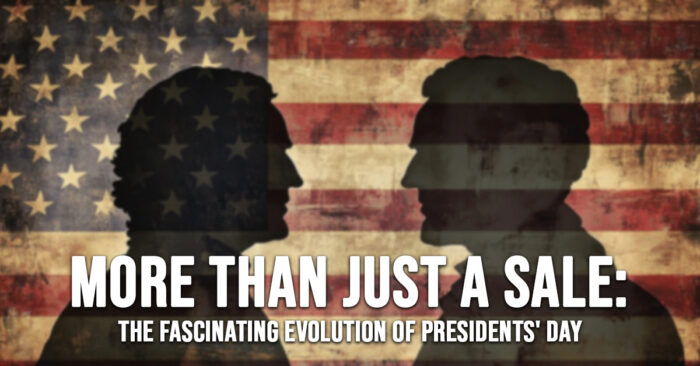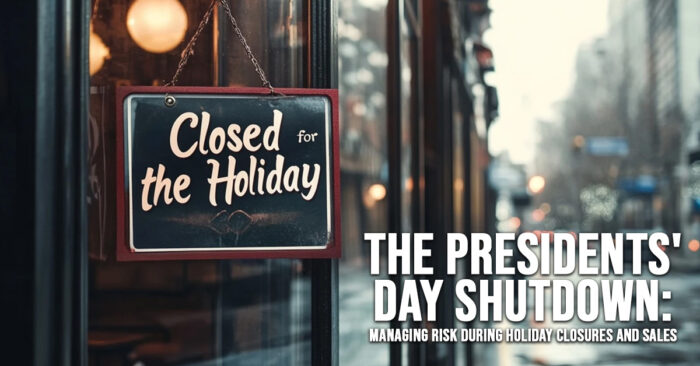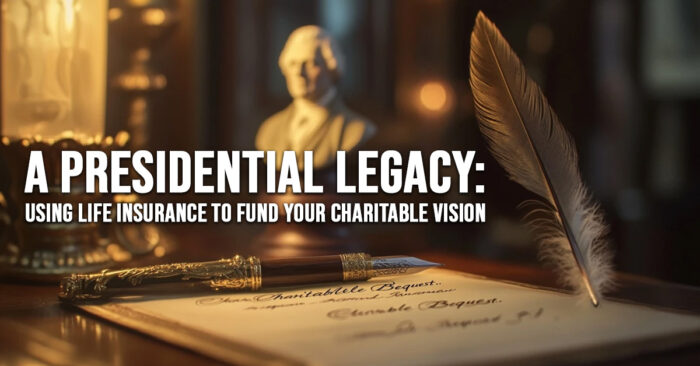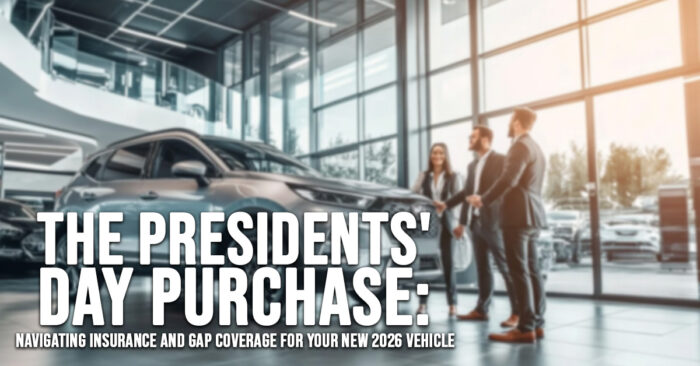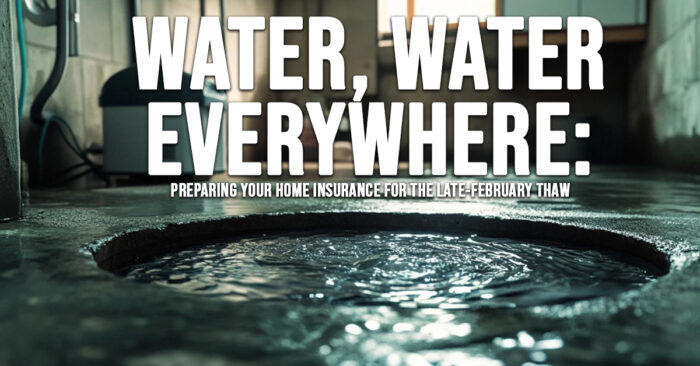The Shifting Sands of Homeownership: What Happened to the Starter Home?
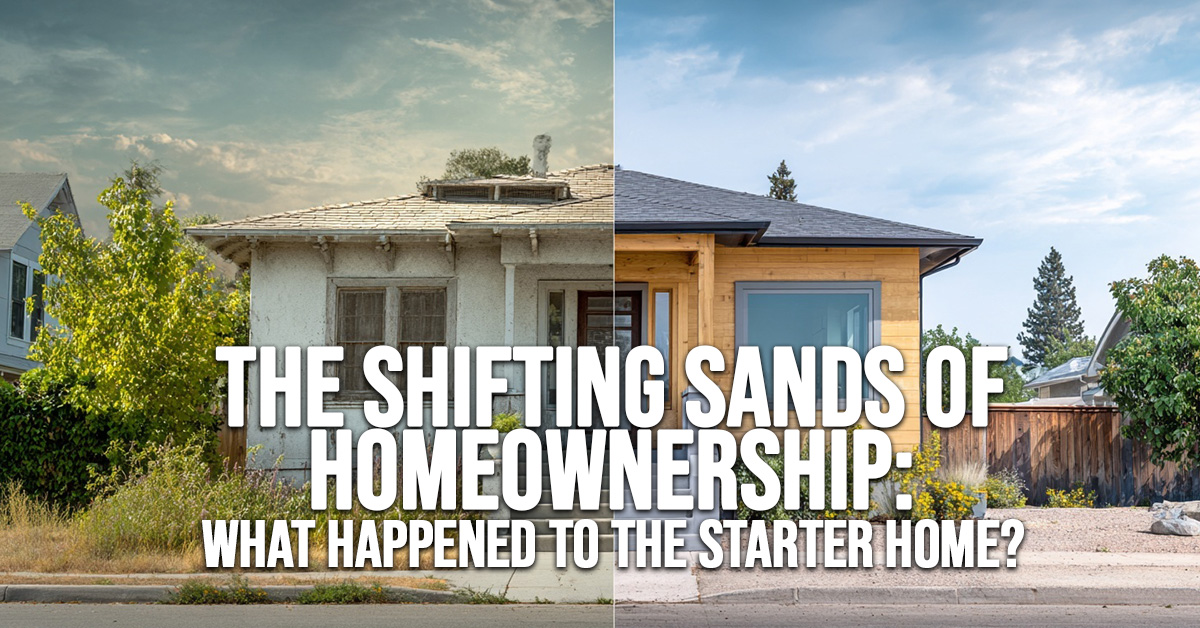
The Shifting Sands of Homeownership: What Happened to the Starter Home?
There was a time when the purchase of a first home marked an exciting milestone for young couples. It signified years of saving, the culmination of dreams, and the first step into building a life together. Often, this initial purchase was what became affectionately known as a “starter home” – a more modest property, perhaps in a less established neighborhood, often requiring a bit of elbow grease. It was, in essence, a training ground for homeownership.
These starter homes, while not always perfect, served a vital purpose. They allowed young couples to enter the housing market, build equity through sweat equity and mortgage payments, and eventually leverage that investment to move into a more permanent “second home.” Friends and family would often rally around new starter home buyers, eager to lend a hand with renovations and celebrate this significant, albeit temporary, stop on life’s journey.
However, the housing landscape has shifted dramatically. Today, fewer and fewer first-time buyers are seeking out these traditional starter homes. Instead, the preference leans heavily towards move-in ready properties requiring minimal upkeep or even brand-new constructions. So, what exactly happened to the beloved “starter home”? Several factors have contributed to this significant change.
Firstly, the demographics of first-time homebuyers have evolved. In the past, many entered the market in their early twenties. Today, the average age of a first-time homebuyer has risen, often falling into their late twenties or even early thirties. This delay often means that these buyers have accumulated more savings and are less inclined to take on the challenges and uncertainties associated with a fixer-upper.
Secondly, there’s a noticeable shift in the preferences of younger generations, particularly millennials and those younger. Unlike their parents or grandparents, they generally have less enthusiasm for hands-on home improvement projects. They prioritize convenience and are more drawn to homes that require little to no immediate work. The appeal of spending weekends on renovations has waned for many.
Furthermore, the homebuilding industry has streamlined the process of buying a new home, making it feel remarkably similar to purchasing a car. Developers offer attractive incentives such as small down payments, flexible financing options, and even inclusive community maintenance, simplifying the buying experience. Ironically, it can sometimes be more complex to purchase a less expensive resale home from a private seller than to secure a brand-new property in a planned community.
This ease and the desire for immediate gratification have led many young buyers to adopt a “why wait?” mentality. They question the logic of investing time, effort, and money into a starter home when they can potentially skip that step altogether and move directly into a home that meets their long-term needs and desires.
Interestingly, there are often practical benefits to purchasing a new home versus a traditional starter home. For instance, homeowners’ insurance premiums are often lower for newer properties. This is because new homes are built to current codes, feature updated wiring and plumbing, and are generally constructed to better withstand various environmental factors, leading to fewer potential claims.
As you navigate the journey of homeownership and consider your insurance needs, we encourage you to contact us for a no-obligation home insurance quote. Just as you carefully consider your options when buying a home, ensure you are equally informed and smart about protecting your investment with the right homeowners’ insurance coverage. Contact us today to explore your options and secure peace of mind.
Do you have questions about your insurance? Find an insurance agent near you with our Agent Finder
Search All Blogs
Search All Blogs
Read More Blogs
More Than Just a Sale: The Fascinating Evolution of Presidents’ Day
Why is Presidents’ Day on a Monday? Explore the history, the politics, and the trivia behind our mid-February celebration of national leadership.
The Presidents’ Day Shutdown: Managing Risk During Holiday Closures and Sales
Closed for the holiday or open for a sale? A business guide to managing liability, employee pay, and property security during Presidents’ Day weekend.
A Presidential Legacy: Using Life Insurance to Fund Your Charitable Vision
What will your legacy be? Learn how to use life insurance to make a significant charitable impact this Presidents’ Day without depleting your current savings.
The Presidents’ Day Purchase: Navigating Insurance and Gap Coverage for Your New 2026 Vehicle
Buying a new car this Presidents’ Day? Make sure your insurance keeps up. Essential tips on Gap coverage and new vehicle replacement riders.
Water, Water Everywhere: Preparing Your Home Insurance for the Late-February Thaw
Is your basement ready for the thaw? Learn why standard home insurance doesn’t cover sump pump failure and how to add the right protection this February.
Beyond the Box of Chocolates: The Strange and Surprising History of Valentine’s Day
From Roman rituals to Victorian cards: Discover the bizarre and bloody history of how Valentine’s Day became the holiday we know today.
The Big Game Gamble: Managing Business Liability and Hosting Risks for Super Bowl LX
Is your business ready for the Big Game? Key tips on managing liquor liability, event safety, and employee productivity during Super Bowl weekend.
A Gift Beyond Roses: Why Life Insurance is the Ultimate Expression of Valentine’s Day Love
Roses fade, but financial security lasts. Discover why life insurance is the most selfless Valentine’s Day gift you can give your family this year.
The February Pothole Patrol: Navigating Winter Road Damage and Your Auto Policy
Potholes are a February tradition. Learn how your auto insurance handles wheel and suspension damage and how to file a claim for road-related hazards.
Heart-Shaped Security: Why Valentine’s Day is the Time to Schedule Your New Jewelry
Don’t leave your new sparkle at risk. Learn how to properly insure Valentine’s Day jewelry through scheduling and professional appraisals.
